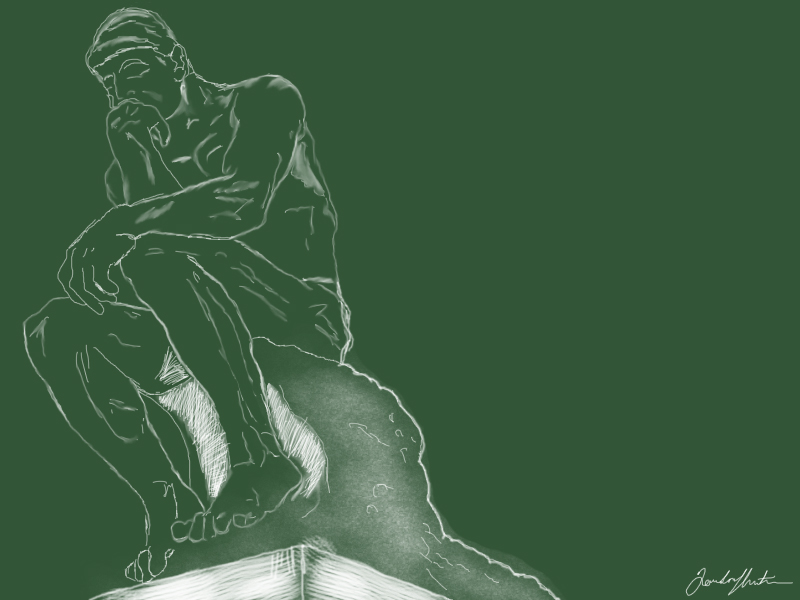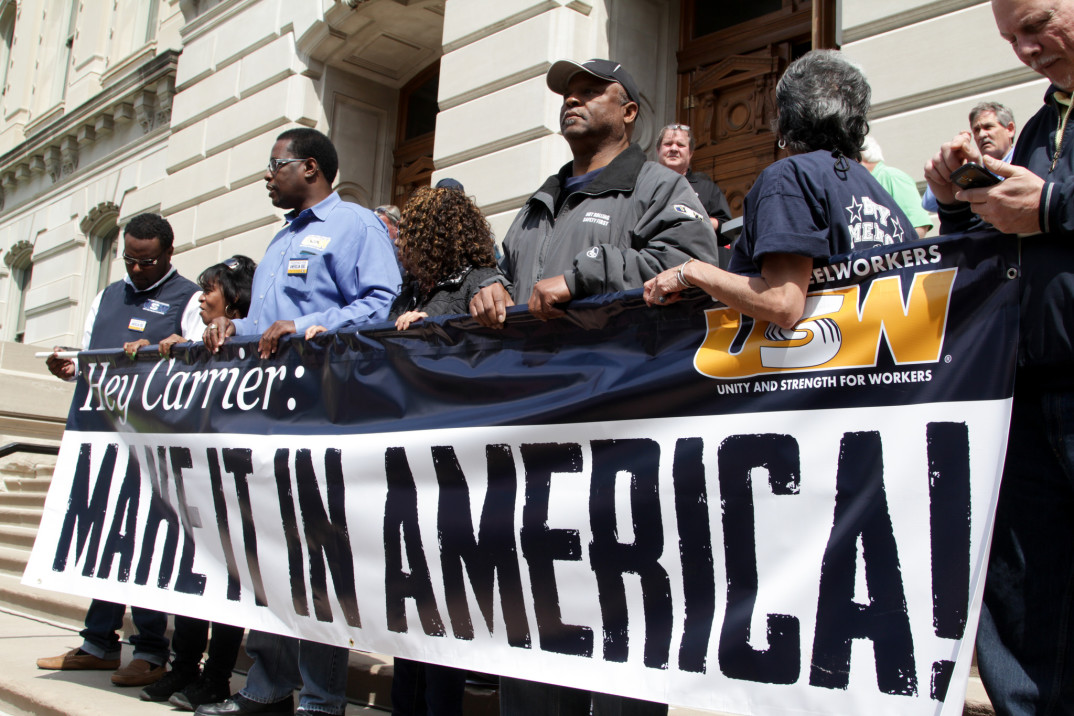In the wake of the Capitol insurrection, there was no shortage of commentary concerning the moral and intellectual failings of the rioters. However, one not infrequent theme of this commentary was that, for all their errors, there was something about their behavior that made a certain sort of sense. After all, if one believed that one’s presidential candidate actually won the election by a landslide, and that this victory was being subverted by shadowy forces that included the Hugo Chávez family, then storming the Capitol can seem like a reasonable response.
Although the word “rationality” was not always used in this commentary, I think this is what these pundits have in mind: that the Capitol rioters were in some sense rational in acting as they did, given their beliefs. They probably didn’t know it, but in making this claim they echoed the view about rationality endorsed by the renowned moral philosopher Derek Parfit. In his magnum opus, On What Matters, Parfit argues that our desires and acts are rational when they causally depend in the right way on beliefs whose truth would give us sufficient reasons to have these desires, or to act in these ways. As applied to the case of the Capitol insurrection, Parfit’s view would seemingly endorse the rioters’ acts as rational, since the content of their beliefs about the election would, if true, give them sufficient reasons to riot. The key point is that on Parfit’s view, it does not matter whether the beliefs upon which the rioters’ actions were based are themselves true, but just that they rationally supported those actions.
Alternatively, David Hume famously wrote that the truth of one’s beliefs does make a difference to the rationality of one’s actions and desires. “It is only in two senses,” he wrote, “that any [desire] can be called unreasonable.” One of those senses is when the desire is “founded on the supposition of the existence of objects, which really do not exist.” In other words, desires based on false beliefs are irrational. Yet Hume appears to be mistaken here. One’s desire to run away can be rational even if based on the false belief that there is a rattlesnake about to strike inches from one’s feet, particularly if one’s belief is rational.
But what about the view that our desires and acts are rational just in case they causally depend in the right way on rational beliefs, whether true or not? If we accept this view, then the Capitol rioters’ actions and desires turn out to be irrational, since they are based on beliefs that are arguably irrational. Parfit resists this view using the example of a smoker who has a strange combination of attitudes: on the one hand, the rational belief that smoking will destroy his health, and on the other hand, and because of this belief, the desire to smoke. According to the view we are now considering, the smoker’s desire would be rational, since it depends on a rational belief. That seems false.
Another view about rationality that might support the Capitol rioters’ actions is the view, familiar from social science disciplines like economics, that the rational action is the one whose subjective expected utility — reflecting the utility of the possible outcomes, and the agent’s beliefs about the probability of those outcomes — is the highest. This view of rationality more or less abandons the idea of rationally assessing our non-instrumental desires, and simply evaluates actions in terms of how well they fulfill those desires. So, on this view, we might say that the rioters’ actions were rational because they maximally fulfilled their desires.
The Parfitian and maximizing views of rationality share a feature that the philosopher Warren Quinn famously highlighted in his article, “Rationality and the Human Good”: according to both views, rationality is at least sometimes indifferent as to the shamelessness, or moral turpitude, of a person’s ends. For example, Parfit’s view implies that someone who believes that the Jews are sub-human and, because of this belief, desires to exploit them in ways that would be immoral if the Jews were full-fledged members of the human race, is practically rational. Similarly, the maximizing view implies that someone who wants to exploit the Jews in such ways is practically rational if they take efficient means to that end. However, Quinn argues, this conception of practical rationality is in tension with the ancient idea that practical rationality is the highest virtue of humans as practical agents. How could practical rationality be morally defective, indifferent to the manifestly forceful practical demands of morality, and yet be the most “authoritative practical excellence”?
If rationality is integrally connected to morality in the way Quinn suggests, then it becomes harder to see how we could say that the Capitol rioters’ actions and desires were rational or in accordance with reason. Even if their beliefs, if true, would have justified their desires and acts, and even if their acts maximize the fulfillment of their desires, the fact is that their beliefs were false, and their actions and desires shameless. And if Quinn is right, that fact should make us reluctant to credit their actions and desires with the label “rational.” For Quinn, you can’t be rational and immoral at the same time. For Parfit or the maximizer, you can.
Thus, it turns out that much of significance hangs on whether we think what the rioters did was in accordance with reason. If we say that it was, either because we adopt Parfit’s conception of rationality or the maximizing conception, then we commit ourselves to the occasional indifference of rationality to moral considerations. If, instead, we adopt Quinn’s view, then we must reject that indifference.











